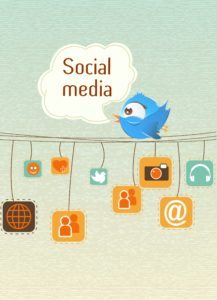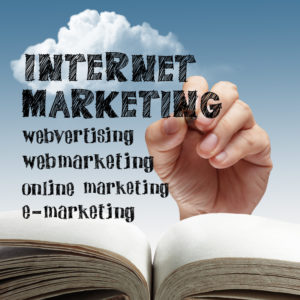Quick links, bringing you great articles on writing from all over the web.
Social media is key in connecting with readers and helping them to find your book. But each social media outlet you add increases the time needed to manage it, as well as adding one more thing to track. Angelina M. Lopez posts at Writers in the Storm on how to tame the social media beasts with an organized monthly calendar.
~ * ~
How to Create a Monthly Social Media Calendar

Angelina M. Lopez
You’ve hit that mid-year lull, haven’t you? That time when, instead of creating social media posts with an objective, you’re posting a lot of cat videos. Instead of planning goal-oriented posts that express your personality, appeal to your fans, and move you closer to your business goals, you’re re-sharing the tired memes from your friend’s feed.
It’s all right. The annual social media calendar we created in January can get a little dusty midway through the year. Today, we’ll clean that calendar off and give it new life in your monthly social media calendar. A monthly social media calendar allows you to know what you’re going to post EVERY DAY!! It helps you balance promotional posts with fun and personal ones, it insures you’re talking about themes and topics important to you and your audience, and it focuses you so that your social media posts are moving you toward your goals.
And the time investment for this ease and focus? Only about two hours at the end of each month. Here’s how to build your own monthly social media calendar:
Step 1: Write down your list of topics from your annual social media calendar.
~ * ~
If you liked this article, please share. If you have suggestions for further articles, articles you would like to submit, or just general comments, please contact me at paula@publetariat.com or leave a message below.

 If the book market made sense it wouldn’t be so much fun. This week we are celebrating a 0.4% rise in physical book sales and an 11% drop in consumer e-book sales.
If the book market made sense it wouldn’t be so much fun. This week we are celebrating a 0.4% rise in physical book sales and an 11% drop in consumer e-book sales. Today’s guest post is the first in a series about growing an email list, by author
Today’s guest post is the first in a series about growing an email list, by author  May 9th, 2016
May 9th, 2016 Today’s post is written by Jeff Goins. Jeff is the best-selling author of four books including,
Today’s post is written by Jeff Goins. Jeff is the best-selling author of four books including, 
 “Which one social media channel will net me the most book sales?” an author asked me recently during my new weekly #BookMarketingChat (join any Wednesday on Twitter, 6pm pst/9pm est simply by typing in the hashtag).
“Which one social media channel will net me the most book sales?” an author asked me recently during my new weekly #BookMarketingChat (join any Wednesday on Twitter, 6pm pst/9pm est simply by typing in the hashtag). Lauren Sapala
Lauren Sapala
 by Elizabeth S. Craig
by Elizabeth S. Craig When is it the right time to publish a print book from a Kindle version?
When is it the right time to publish a print book from a Kindle version? Branding
Branding